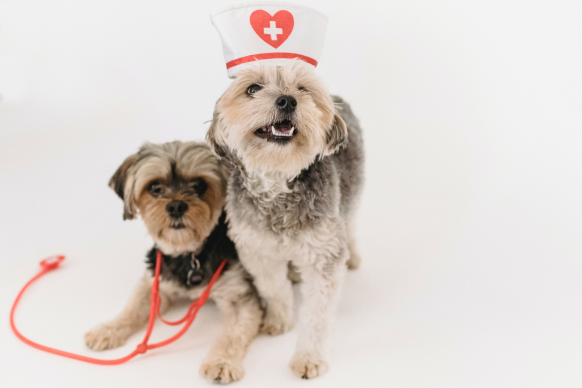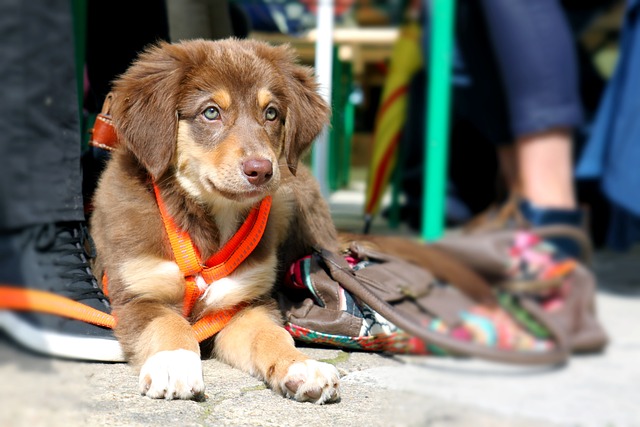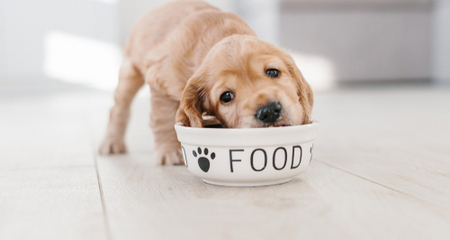Everything you need to know if you have unvaccinated puppy
Bringing home a new puppy is like welcoming pure joy into your life. The cuddles, the playtime, and the endless cuteness are simply irresistible. However, amid all the fun, there’s one crucial aspect of puppy parenting that can leave you pondering: Can your unvaccinated puppy safely mingle with his vaccinated doggy pals? Let’s embark on a journey to uncover the truth and make it a tail-wagging adventure!

Puppy Vaccinations: The Shield of Immunity
Think of vaccinations as a superhero cape for your puppy. They’re your furry friend’s shield against a legion of menacing diseases like distemper, parvovirus, hepatitis, and rabies. These shots, usually given in a series during the early months, create a forcefield around your pup’s health.
Vaccinated Dogs: The Guardians of Health
When a dog gets those superhero shots, they become real-life guardians of health. Their immune systems train rigorously to fend off the villains behind those nasty diseases. In simpler terms, vaccinated dogs are like the caped crusaders of the doggy world, ready to protect themselves and others.
Unvaccinated Puppies and the Adventure Ahead
Now, let’s talk about your unvaccinated bundle of joy. While your little one hasn’t had the chance to attend superhero school yet, that doesn’t mean they can’t interact with their caped counterparts. Here’s how to navigate this exciting adventure:
- Age Awareness: Your puppy’s age is the compass for this journey. Young pups are more susceptible to diseases, especially in their early weeks. Until they’ve had their initial shots, it’s best to limit their encounters with other dogs, especially those with unknown vaccination records.
- Controlled Playdates: Picture playdates as carefully orchestrated adventures in the doggy universe. Invite friends or family who have fully vaccinated, healthy dogs to join in. These are the playmates you can trust on your pup’s journey.
- Vet Wisdom: Your puppy’s veterinarian is your Yoda in this adventure. Seek their guidance on the vaccination schedule and when it’s safe for your pup to meet new doggy friends. They’ll customize a roadmap just for your little explorer.
- Public Places Patrol: Avoid public places like parks and dog parks until your pup completes their vaccine series. These spots are like intergalactic hubs for diseases, and you want your pup to have some superpowers before venturing there.
Puppy Socialization: The Hero’s Training Ground
While keeping your pup safe is your top priority, don’t forget the importance of socialization. This is where your pup learns to be a well-rounded, confident, and friendly adult dog. Plan these interactions thoughtfully and with trusted doggy pals.
Conclusion: The Pawsitively Happy Ending
In this adventure of puppyhood, ensuring your little hero’s health is paramount. So, as you embark on the quest of introducing your unvaccinated puppy to vaccinated doggy companions, remember to consult your vet, heed their guidance, and take every precaution to keep your pup safe.
While the journey may have its twists and turns, the ultimate goal is to raise a happy, healthy pup ready to make a lifetime of fur-tastic memories with their furry friends. It’s a journey filled with love, laughter, and endless tail wags!

The Importance of Puppy Vaccination
Puppy vaccination is a critical component of responsible pet ownership. Just like human infants, puppies are vulnerable to various diseases during their early months of life. Vaccination plays a pivotal role in safeguarding their health and ensuring a happy, disease-free future.
Key Aspects of Puppy Vaccination:
- Initial Vaccination Series: Puppies typically receive their first set of vaccinations starting at around 6 to 8 weeks of age. These initial shots are crucial for protecting them against common and potentially life-threatening diseases.
- Core Vaccines: Core vaccines are those considered essential for all puppies. They protect against diseases like distemper, parvovirus, canine hepatitis, and rabies. The specific vaccines and schedule may vary depending on your location and your veterinarian’s recommendations.
- Booster Shots: Puppies require a series of booster shots to build strong immunity. These boosters are usually given at intervals of 2 to 4 weeks until the puppy is around 16 weeks old. Boosters help ensure that the puppy’s immune system is fully prepared to defend against diseases.
- Rabies Vaccination: Rabies is a particularly dangerous disease that can affect both dogs and humans. Puppies typically receive their first rabies vaccine around 12 weeks of age and require periodic boosters throughout their lives.
- Tailored Vaccination Plans: Your veterinarian will create a vaccination plan tailored to your puppy’s specific needs and risk factors. Factors like your puppy’s breed, age, and local disease prevalence will all be considered.
- Socialization and Safety: While it’s essential to protect your puppy from diseases, it’s also crucial to socialize them with other dogs and experiences during their early months. Your veterinarian can advise on how to balance socialization and vaccination.
- Regular Checkups: Regular veterinary checkups are an integral part of your puppy’s health and vaccination schedule. These visits allow your vet to monitor your puppy’s development and ensure they are on track with their vaccinations.
Puppy vaccination is a powerful tool for preventing diseases that can be both costly and emotionally distressing. It not only protects your puppy but also contributes to the broader community’s health by reducing the spread of contagious diseases.
As a responsible puppy owner, it’s important to work closely with your veterinarian to ensure your furry friend receives the appropriate vaccinations on schedule. This investment in your puppy’s health will pay off with a lifetime of tail wags, playfulness, and cherished moments together.



